
- Article
- Article
Why gene editing can never eliminate disability
In a world where DNA testing and gene editing offer ways to eliminate certain disabilities, Jaipreet Virdi explores a more accepting and inclusive approach.

- Article
- Article
Diagnosing the past
Historical texts rarely supply enough detail for a definitive diagnosis, so medical historians need to proceed with caution.

- Article
- Article
Conflicted and confused about lithium
Covid-19 left Laura Grace Simpkins out of work and living back with her parents. She now had time to restart her research into her medication, but was she mad to continue?

- Long read
- Long read
Healthy scepticism
Healthcare sceptics – like those opposed to Covid-19 vaccinations – often have serious, nuanced reasons for doubting medical authorities.

- Article
- Article
The tale of the toxic kidneys
In 1954 a serendipitous coming together of skills and circumstances allowed the first successful organ transplant to take place. Read how Richard Herrick’s life was prolonged by his identical twin’s generosity.
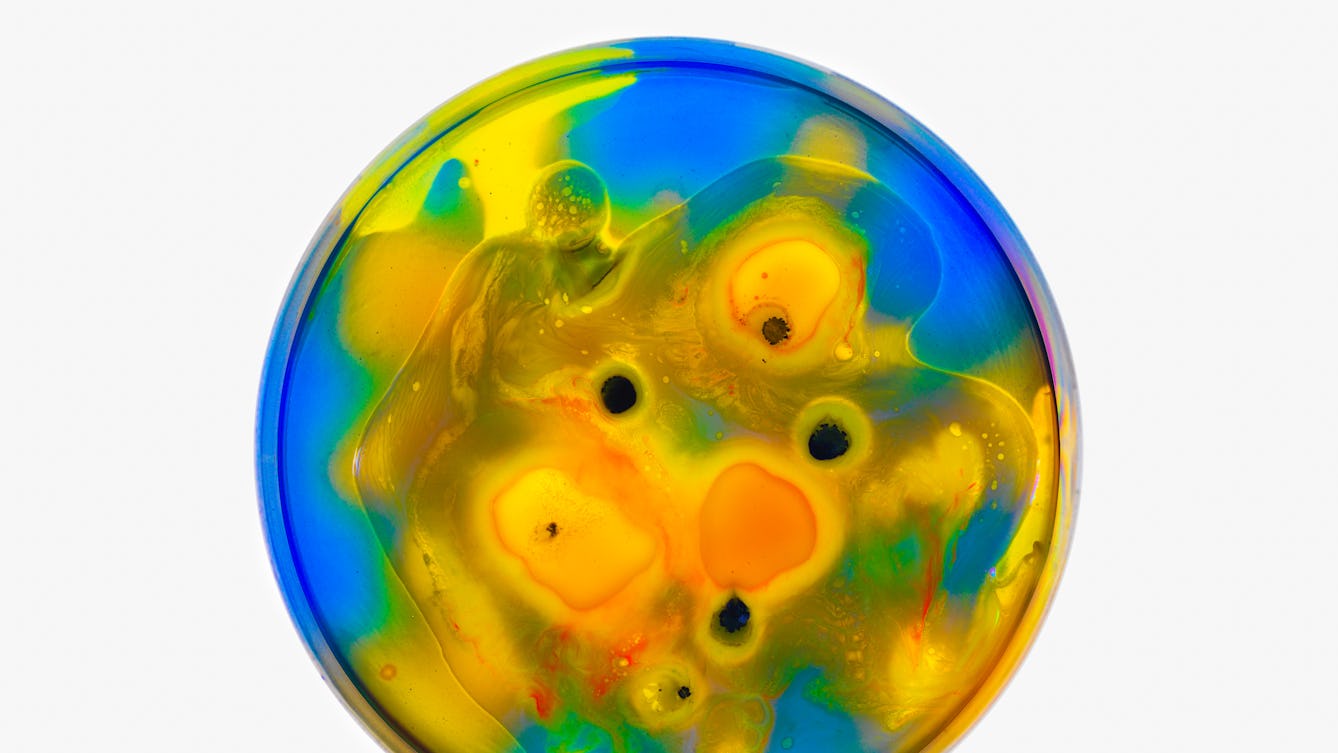
- Article
- Article
Bringing biotech to the people
Amateur scientists have inspired all kinds of frightening scenarios, from Frankenstein’s monster to ‘The Fly’ and ‘Breaking Bad’. But it can be a force for good. Today’s DIYbio enthusiasts are having fun – and even making lucrative breakthrough discoveries.

- Article
- Article
A history of twins in science
For thousands of years, twins have been a source of fascination in mythology, religion and the arts. Since the 19th century, they have also been the subject of scientific study and experimentation.

- Article
- Article
Busting myths about turkey-baster babies
The popular idea of sex-free, turkey-baster-led conception has been around since the 1970s. Christine Ro goes beyond the utensils drawer to find out if it’s ever really happened.
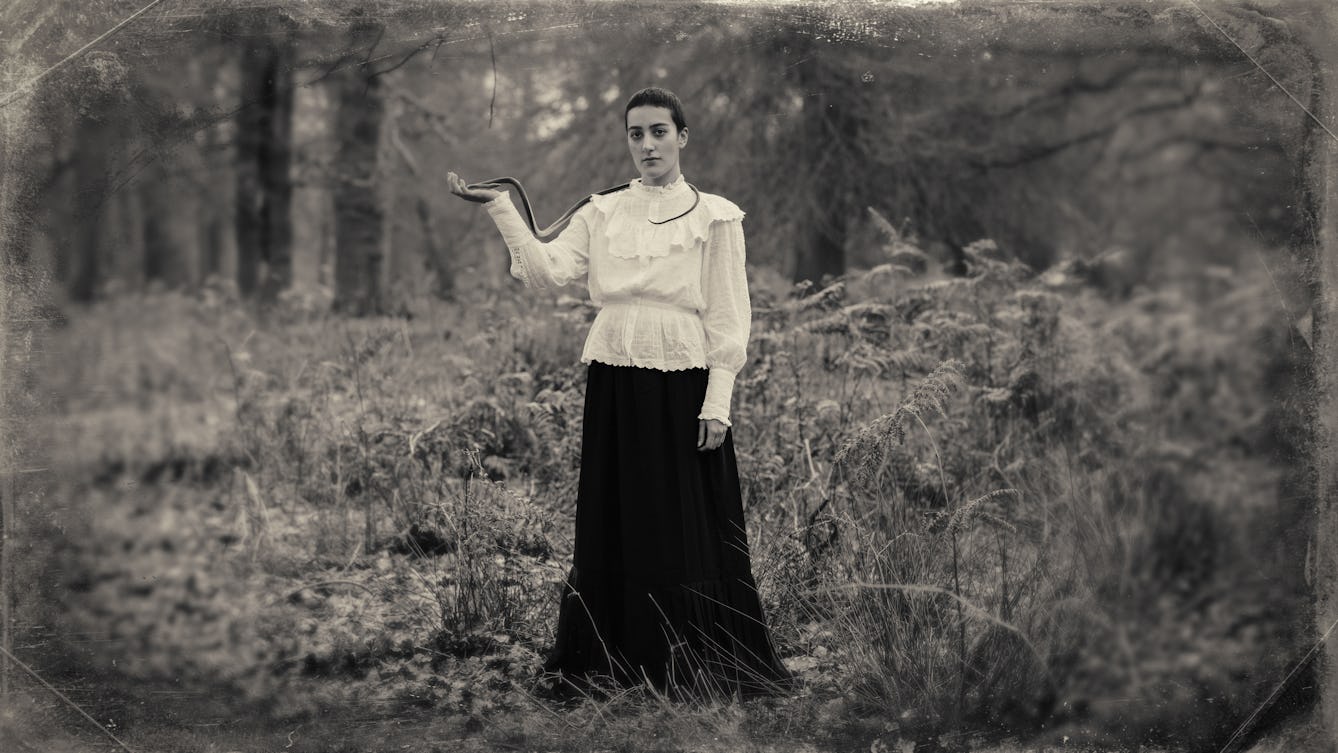
- Article
- Article
The extraordinary body of Evatima Tardo
Darling of 19th-century American freak shows, Evatima Tardo remained serene as she withstood crucifixion and the bites of poisonous snakes. But she took the secret behind her abilities to her grave.
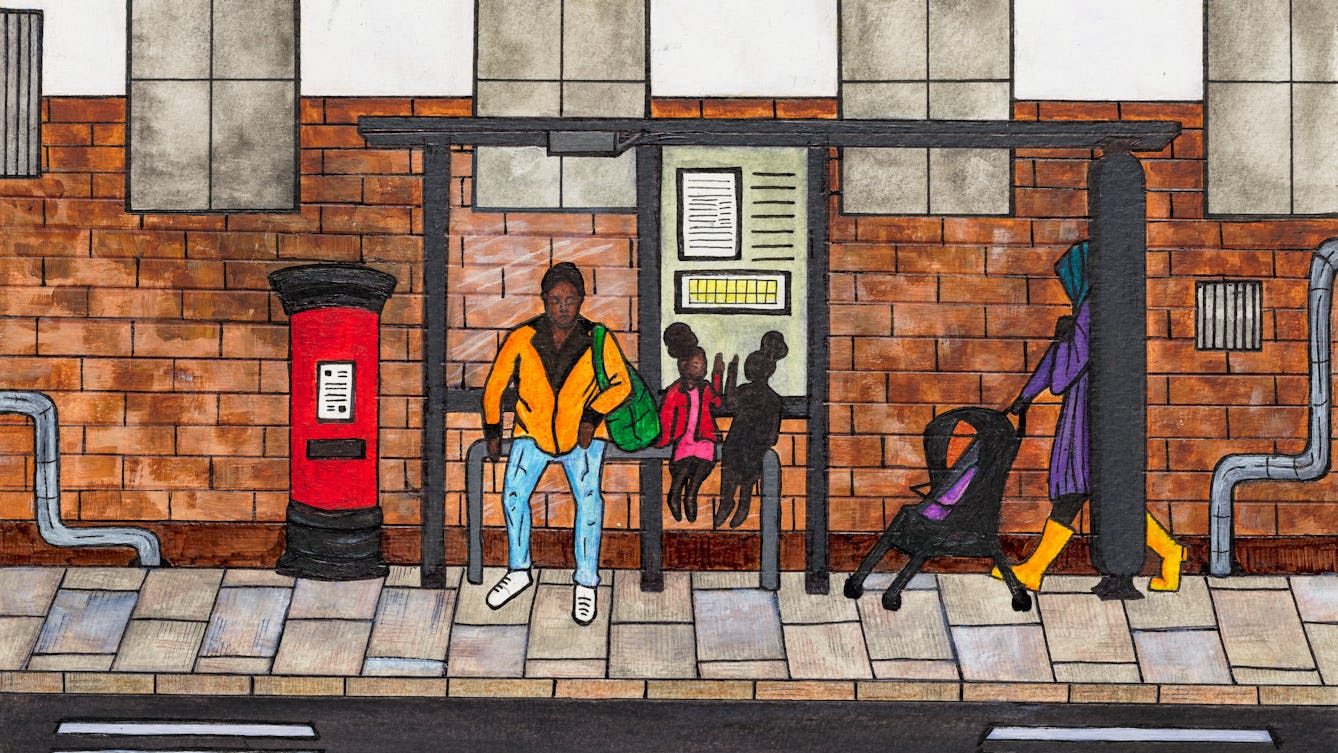
- Article
- Article
We need less ‘sickle cell warriors’ and more allies
Rejecting the epithet “warrior”, Cheryl Telfer describes the pervasive effect sickle cell disease has on her life, and calls for more people to donate blood to help sicklers.

- Article
- Article
How tuberculosis became a test case for eugenic theory
A 19th-century collaboration that failed to prove how facial features could indicate the diseases people were most likely to suffer from became a significant stepping stone in the new ‘science’ of eugenics.
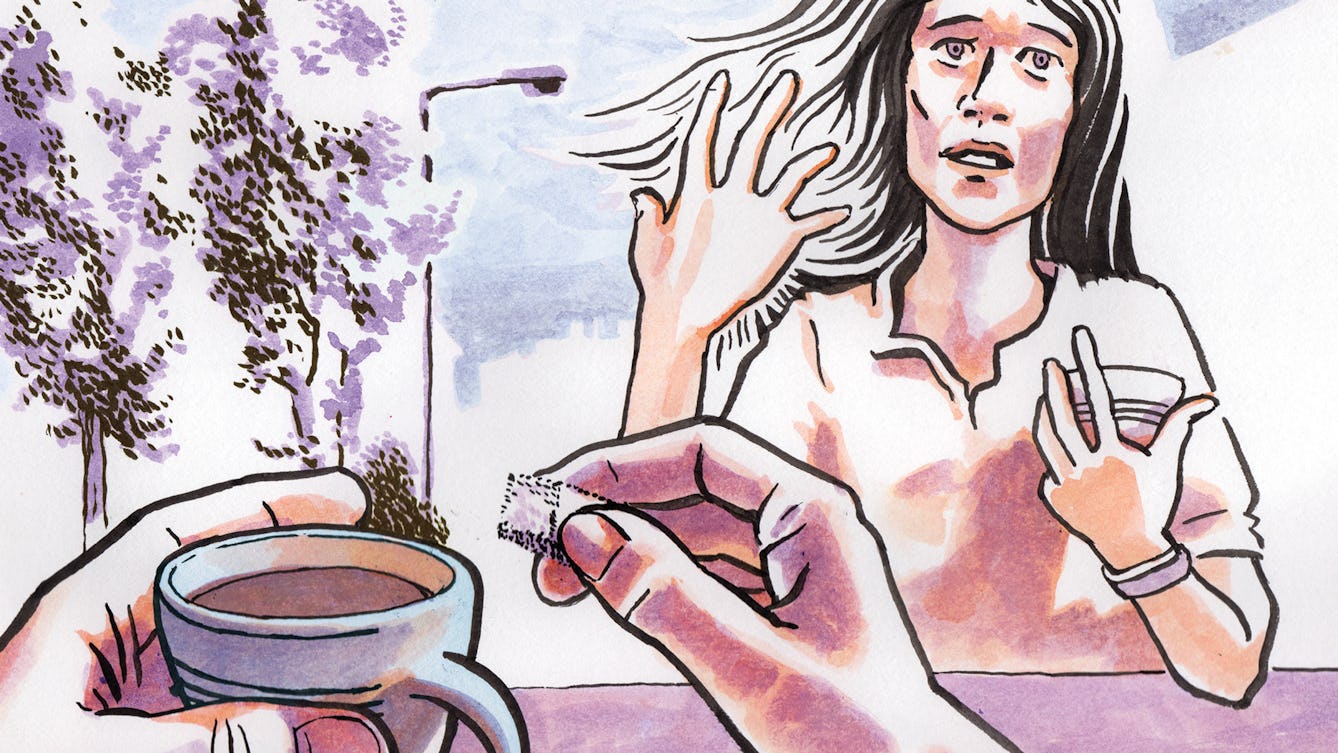
- Article
- Article
When depression is worse than physical illness
Chronic physical illnesses can be accompanied by troubling depressive symptoms. Elly Aylwin-Foster urges doctors to treat every aspect of her condition with the same care.
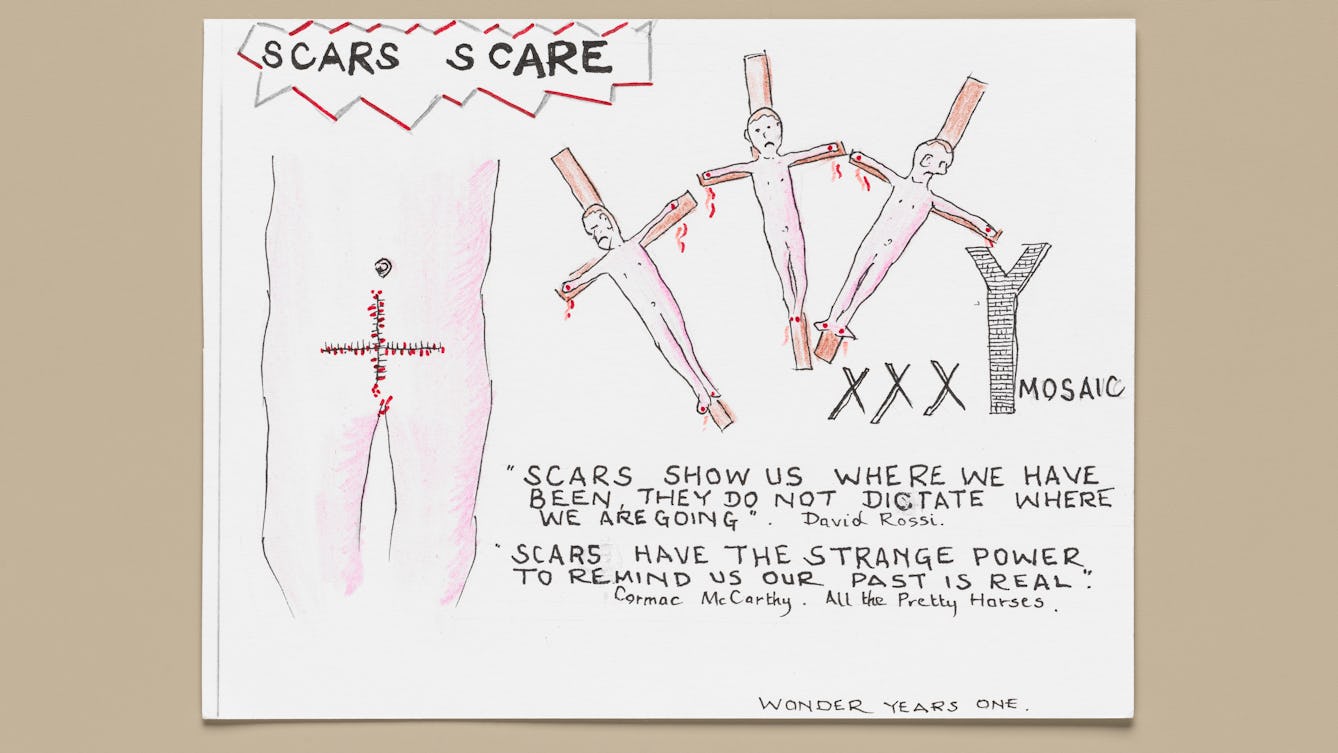
- Article
- Article
Wonder years
The confusion and secrecy surrounding his condition seriously affected Chris’s mental health, blighting his teenage years. But somehow he began to hope and plan for the future.
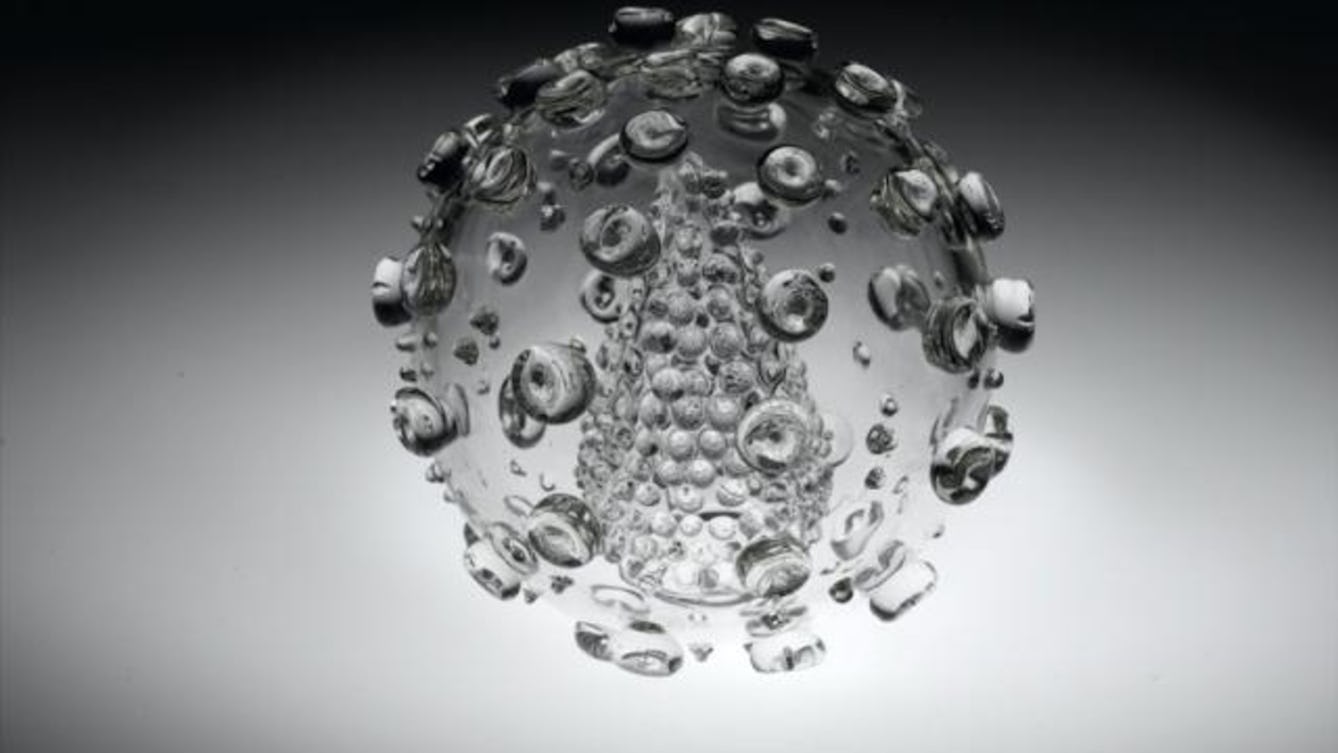
- Article
- Article
The relationship between science and art
Often seen as opposites, science and art both depend on observation and synthesis.
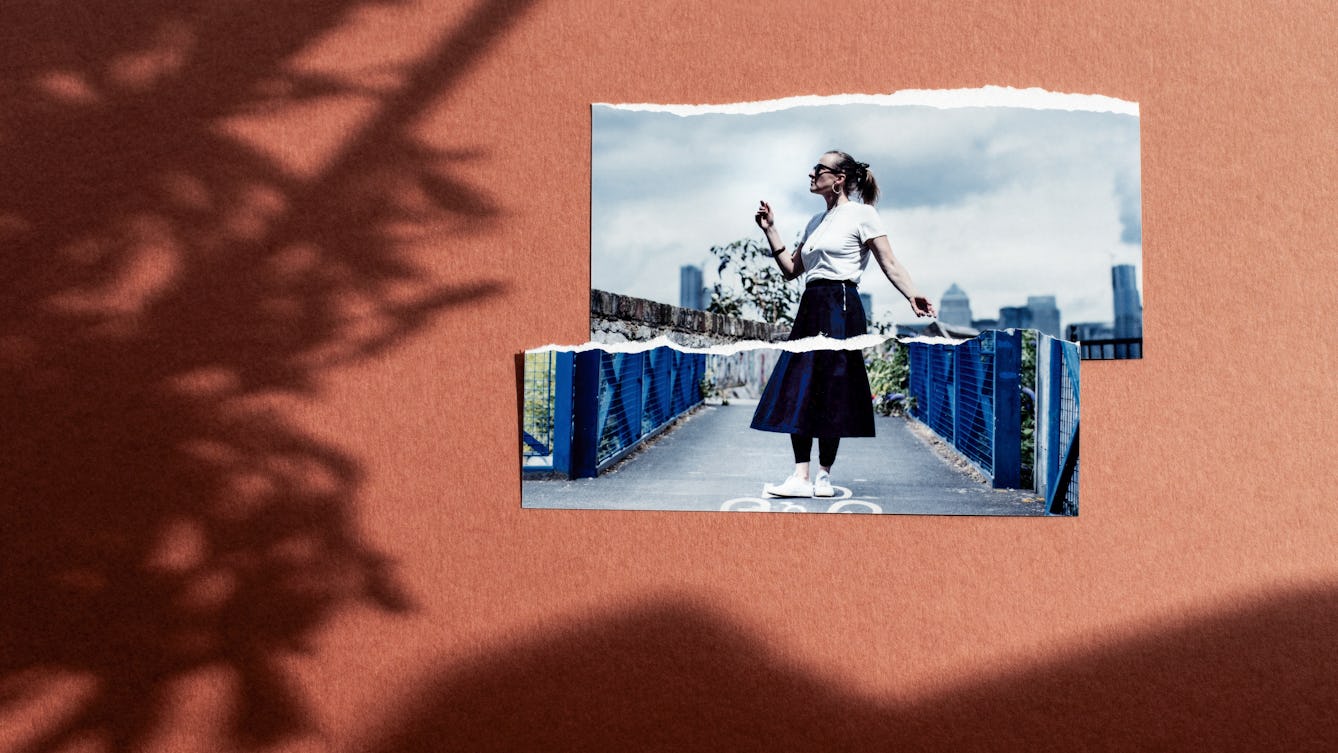
- Article
- Article
When contemporary dance meets dyspraxia
Discover why a rare neurological condition meant an enthusiastic club-night dancer struggled with formal dance classes. And how persisting with those classes paid off.

- Article
- Article
Seeds for the future
Indigenous groups have a key role as guardians of biodiversity, and their knowledge could help us all preserve our world. To survive, we all need to collaborate, reject prejudice, and share what we know.
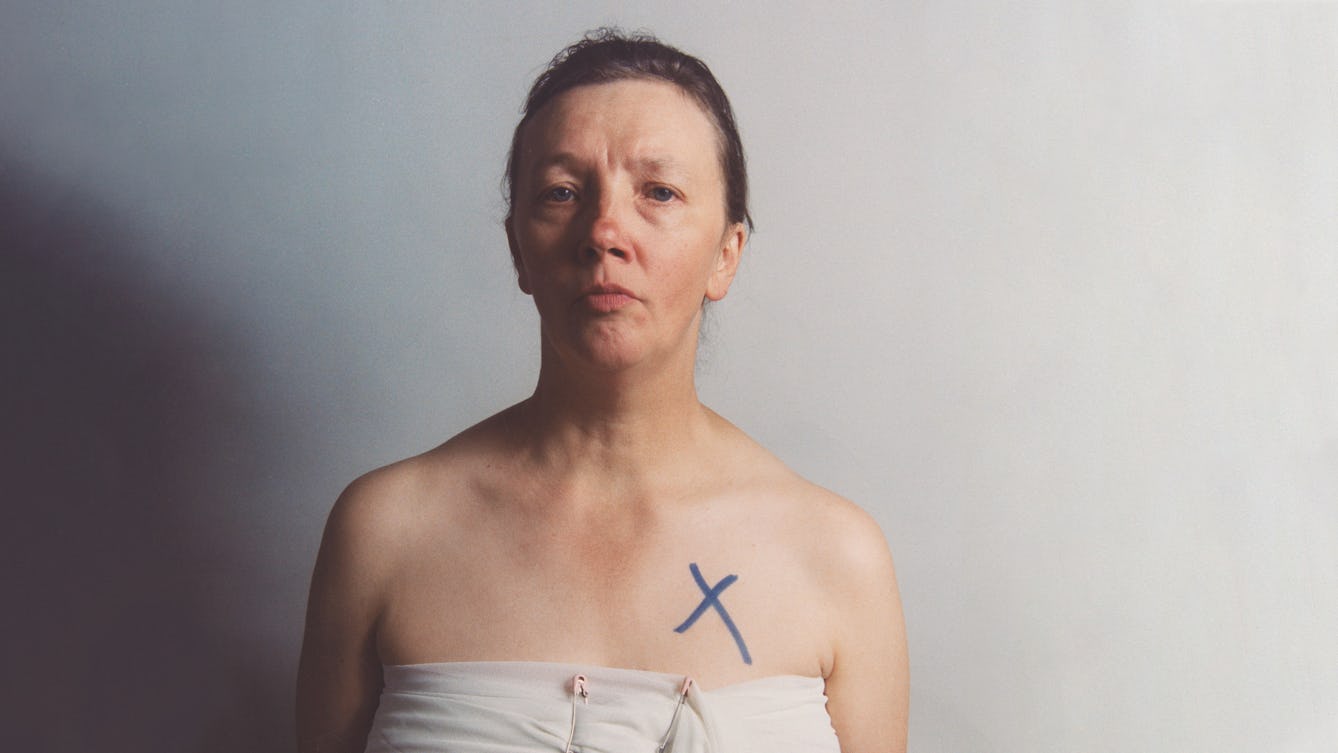
- Article
- Article
Pain, politics and the power of photography
Art historian Giulia Smith explains what she most admires in the work of Jo Spence and Oreet Ashery, and how their approach makes illness political.
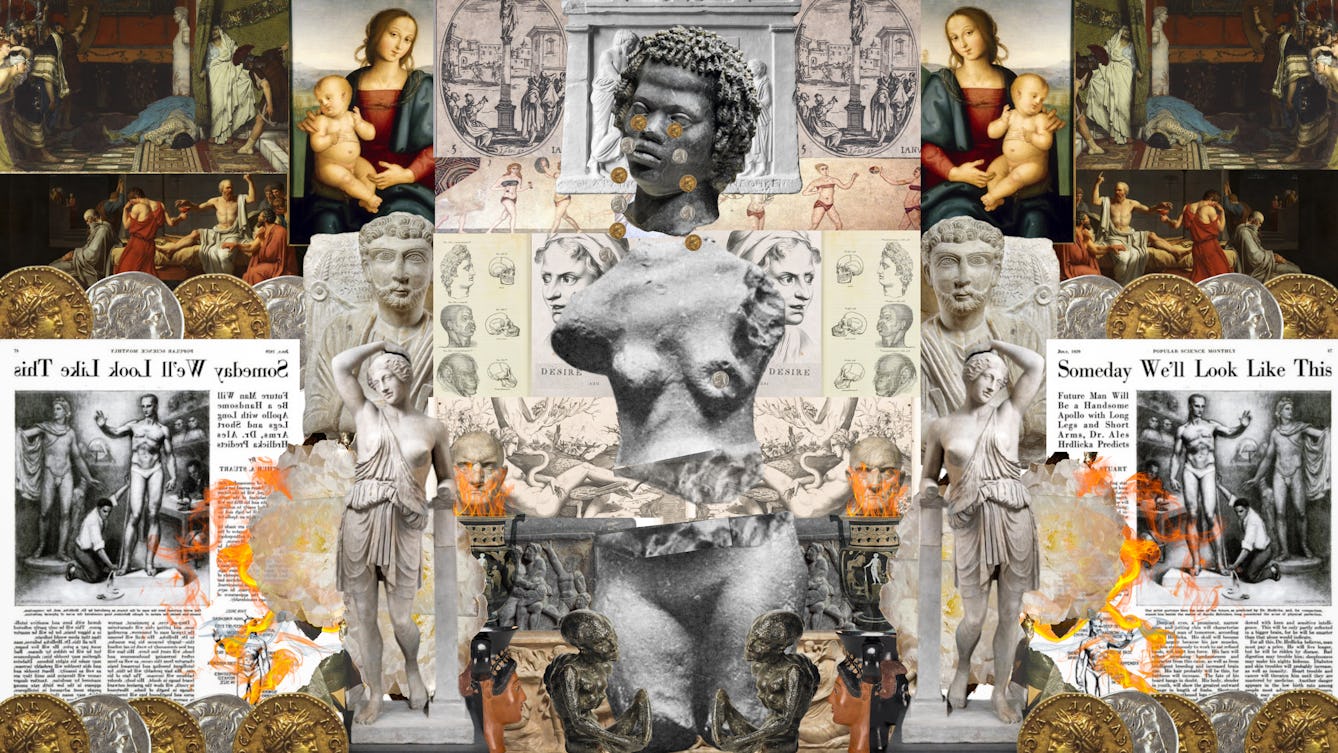
- Book extract
- Book extract
Naked, not nude
Classicist Caroline Vout argues that it’s time to take the dust covers off the Ancient Greeks and Romans, and to encounter their bodies not nude, but naked.

- Article
- Article
On body horror and growing up strange
A young child’s unusual feelings, reactions and assertions are routinely dismissed by adults. Find out how manga horror stories became a source of strength, and helped them trust their adult body.

- Article
- Article
Intelligence testing, race and eugenics
Specious ideas and assumptions about intelligence that were born during the great flourishing of eugenics well over 100 years ago still inform the British education system today, as Nazlin Bhimani reveals.

- Article
- Article
Hunting lost plants in botanical collections
A bark specimen at Kew recalls the story of a South American man who harvested the most potent source of the only effective malaria treatment available in the late 1800s. Killed for his work and forgotten by history, Manuel Mamani was a victim of the colonial juggernaut.

- Article
- Article
Tripping for spiritualism and science
Getting high in the name of religion or creativity has been practised for centuries. Now it seems hallucinogenics could help treat mental illnesses too.
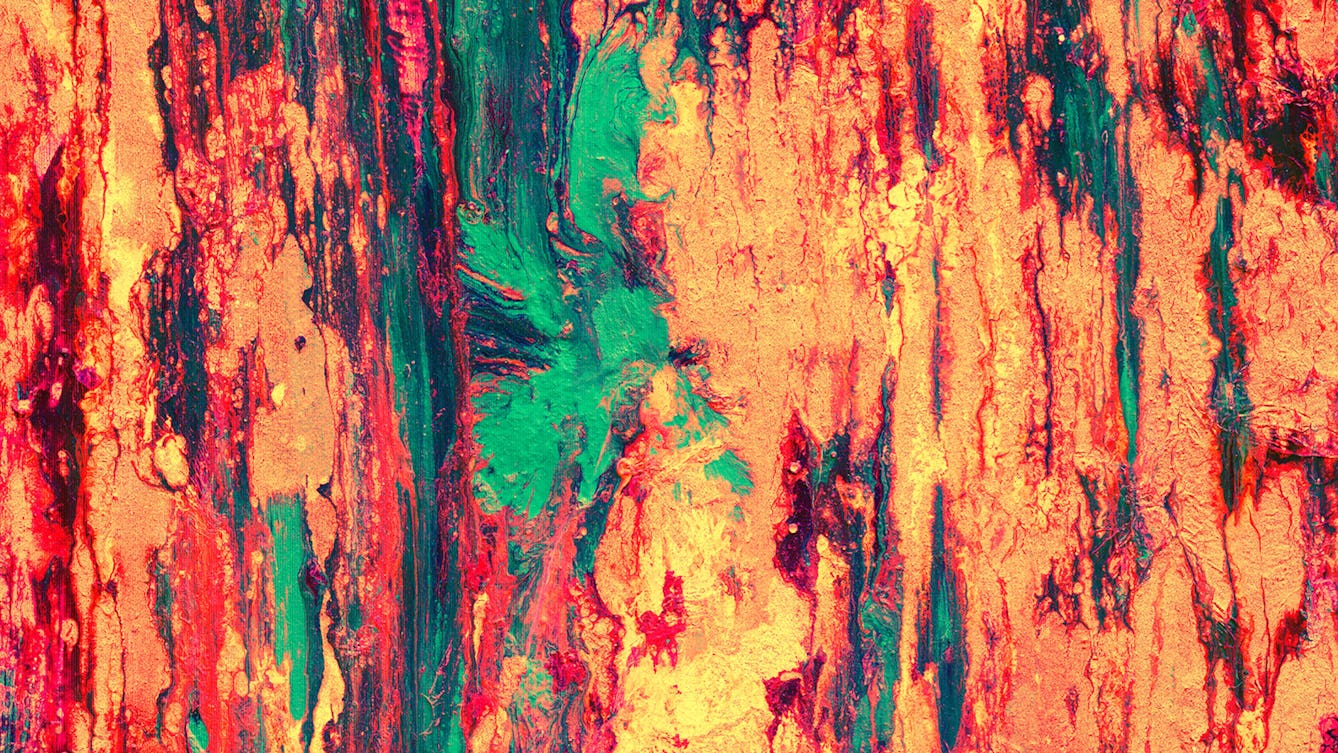
- Article
- Article
Synaesthesia, or when senses overlap
What’s it like to see heartbeats, taste Tube stations or hear paintings?
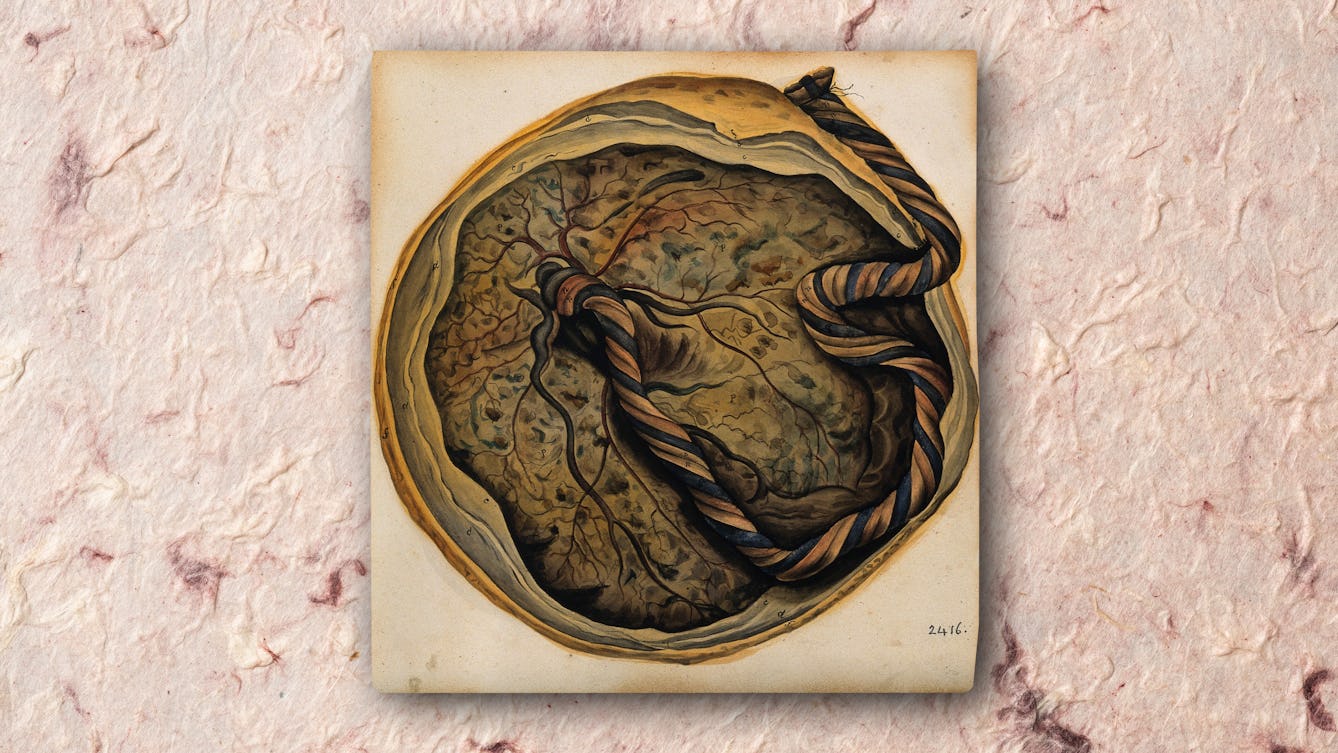
- Article
- Article
Womb milk and the puzzle of the placenta
A human baby needs milk to survive – and this holds true even before it’s born. Joanna Wolfarth explores “womb milk”, as well as ancient and modern ideas about the placenta.

- Long read
- Long read
The ambivalence of air
Daisy Lafarge investigates the effects of air quality and pressure on body and mind, exploring air as cure, but one with contradictions.